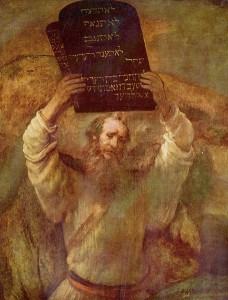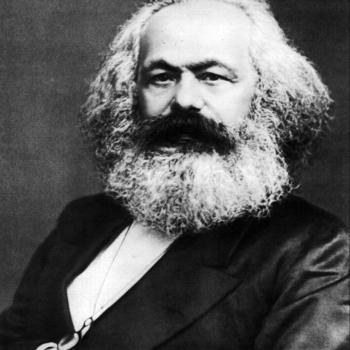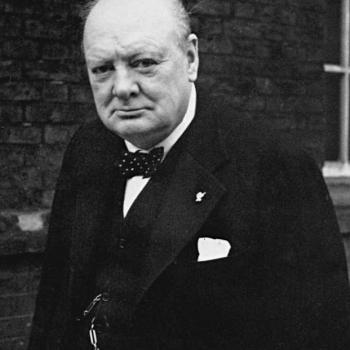What could possibly have justified the plagues of Egypt, particularly the final plague: the slaughter of each first born male. This is a vexing question for anyone who considers God to be a just and benevolent being. While I do not have the whole answer, I think the context of the story can offer at least a portion of the justification for the plagues.
The traditional story of the exodus of the Israelites from Egypt involves a stuttering Moses petitioning Pharaoh to “let my people go”. Yet this version of the story entirely overlooks the real content of Moses’ petition. Moses did not simply ask Pharaoh to let the people of Israel out of bondage and allow them to permanentely leave Egypt. Rather, Moses asked Pharaoh, or more correctly put, God commanded Pharaoh, to “let my people go, that they may hold a feast unto me in the wilderness” (Exodus 5: 1). God commanded Pharaoh to let the Israelites go three days into the wilderness to sacrifice unto Him. God commanded Pharaoh to allow the Israelites to obey His commandments, lest “he fall upon us with pestilence, or with the sword” (Exodus 5:3). The decision laid before Pharaoh was whether or not to allow the Israelites to practice their religion and obey the commandments of their God. Now this decision had two implications. First, if Pharoah had allowed the Israelites to go and worship their God, he would have been acknowledging that the God of Israel was both real and powerful. Pharaoh would have had to acknowledge, and thereby give honor to, the God of Israel. How could Pharaoh, the great King of Egypt, acknowledge the existence of a God besides those whom he worshipped? To do so in ancient Egypt would be to relinquish some degree of religious, and thus political, power. As for Pontius Pilot, the political costs of an essentially religious question were simply too great for Pharaoh. Second, to approve the request of Moses, Pharaoh would have had to have some concept of religious freedom and moral agency.
By denying Moses’ request, Pharaoh both dishonored the God of Israel and denied the children of Israel their moral agency. Pharaoh not only kept Israel in physical bondage but in moral and religious bondage as well. Moreover, Pharaoh offended God the greater each time that he rejected God’s command after receiving further witness of the power of the God of Israel through a plague. The God of Israel is both a jealous God and fiercely protective of agency. Even God, the mightiest of all, allows man his moral agency. He commands Israel to worship Him; He does not compel Israel to worship Him.
On another level, Pharaoh’s rejection of what we would call ‘religious freedom’ acted as the impetus for the exodus of Israel. His refusal to allow moral agency may play a part in justifying the plagues of Egypt and the departure of Israel. Similar to the way in which the lack of colonial representation in regards to taxation was used to justify the American Revolution, Pharaoh’s rejection of moral agency justified the great exodus of Israel. However, we aren’t dealing with Thomas Jefferson’s notion of justifiable revolution and justice. The story of Israel’s exodus from Egypt deals with eternal law and the justice of God. Ultimately, God is a God of eternal law. He is just. Is agency such an important eternal principle that its violation justified the slaughter of every first born in Egypt? Or did it only justify the exodus of Israel, the political separation of Israel from Egypt? In order for God to be a perfect and just God, the demands of justice must be brought in harmony with the requirements of moral agency during this mortal period. What may have lacked in the justness of the final plague can only be compensated for by the unjustness of Christ’s crucifixion and his justifying atonement. At the very least, it appears that the combination of physical slavery, moral slavery, and Pharaoh’s continual blasphemy against God played some role in justifying the final plague and the exodus of Israel.
by Savannah Johnston













